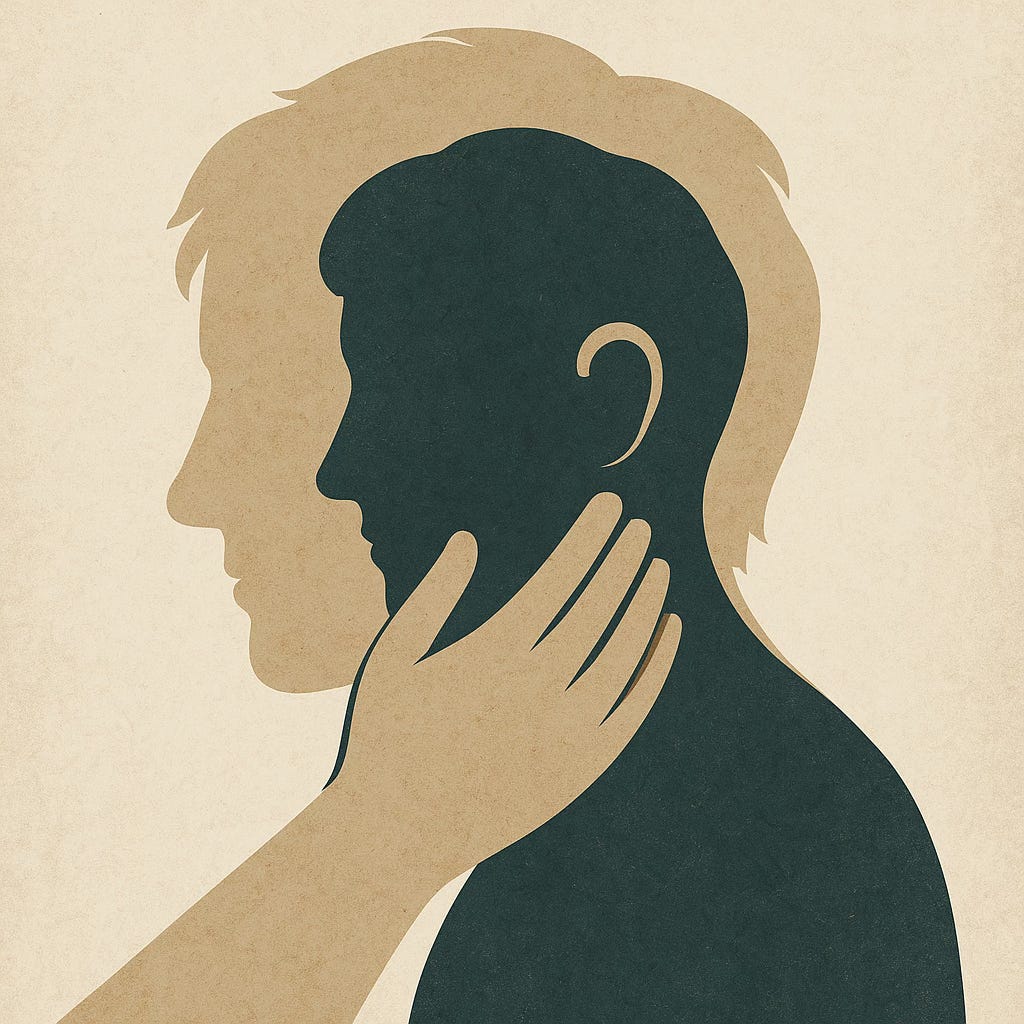We speak often of friendship as a bond between separate beings, yet the most enduring relationship we will ever have is the one we hold with ourselves. This companionship does not age, does not move cities, and does not forget our birthday. It is there when we wake, and it follows us into sleep. The tragedy is that we often mismanage it — loving ourselves too blindly, or hating ourselves too freely. Both extremes damage us in ways no external betrayal ever could.
This week’s reflection is an excavation of that hidden friendship — and its quiet distortions. On one side lies the temptation to become too indulgent with ourselves, granting absolution for every flaw, turning weakness into something untouchable simply because it is ours. On the other lies the habit of constant self-condemnation, of treating oneself as an unworthy apprentice in one’s own life, forever undeserving of kindness.
If you are reading this as a free subscriber, you are touching only the threshold of the idea. The full essay — where we trace this relationship back through philosophy, psychology, and lived experience — is open to paid subscribers. Upgrading also grants access to the full archive of essays where I have explored other quiet paradoxes of modern life.
Because the truth is simple but unsettling: if you get the friendship with yourself wrong, no other relationship will feel stable. To befriend oneself honestly — neither as a sycophant nor as a tyrant — is to create a foundation from which all other human connections grow. In an age of curated identities and performative self-love, that is a radical undertaking.
Keep reading with a 7-day free trial
Subscribe to Badis Tabarki to keep reading this post and get 7 days of free access to the full post archives.

